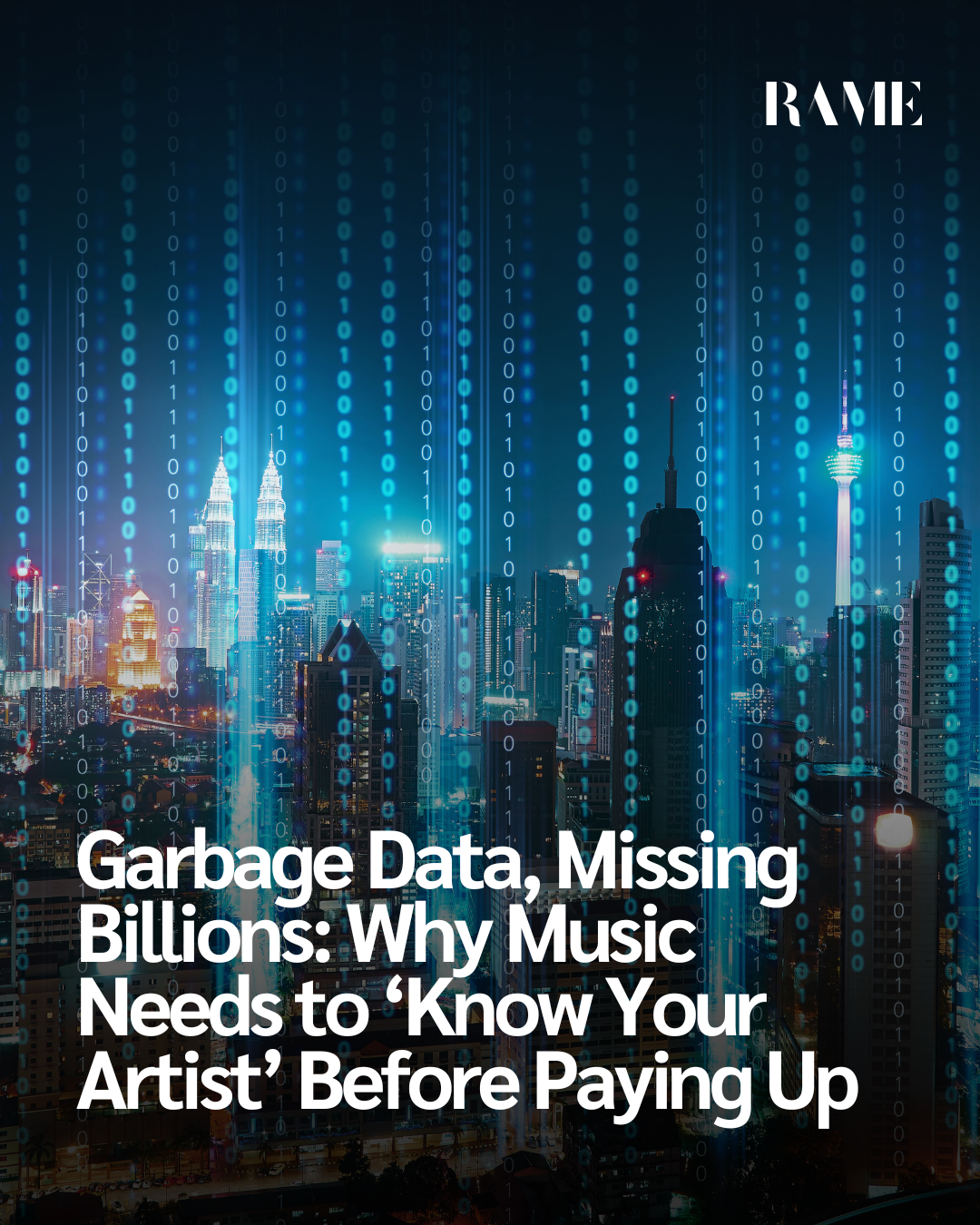The High Cost of Bad Data
Every year, billions in royalties slip through the cracks of the music industry. The culprit isn’t just fraud it’s bad data. Missing information, duplicated entries, and outdated systems create a mess that leaves artists unpaid and catalogs undervalued. In 2025, it’s remarkable that the industry still struggles with problems better suited to version 1.0 databases.
As Barnett Klane, VP of Product at fintech company Trolley, bluntly put it: “If it’s garbage in, it’s garbage out. If it’s good data being ingested, it means good data out, and the entire data ecosystem around a catalog transforms.”
Fraud vs. Incompetence: The Industry’s Data Dilemma
Fraud gets most of the headlines, but much of the problem isn’t malicious it’s sloppy. Labels, publishers, streaming platforms, and distributors frequently run on outdated systems, leading to mismatches and missed payments. The result is the same: money doesn’t reach the right hands, and legal disputes loom.
Trolley’s cross-industry analysis in 2024 confirmed the scale of the issue. Compared with other sectors including gaming, ad tech, influencer, and freelancer economies the music business showed 151% more duplicate records and 189% higher data discrepancies. That’s not just sloppy bookkeeping; it’s a systemic weakness.
Enter Trolley: Fixing Royalties at the Source
Trolley, which handles payment verification across industries, argues the music business is uniquely vulnerable. “After running the cross-industry numbers, we knew we could bring the music industry closer to broader industry averages in data accuracy and reliability,” Klane said.
At the heart of their solution is Trolley Trust, a toolkit built on the same principles as banking compliance frameworks like Know Your Customer (KYC) and Know Your Business (KYB). Applied to music, this becomes Know Your Artist (KYA).
KYA requires upfront verification government IDs, business documents, face-matching, live ID checks, and account monitoring. It’s not just about compliance; it’s about making sure every royalty payment goes to the right person, every time.
Why Upstream Verification Matters
Most companies in the industry focus on fixing problems after the fact. Trolley argues the opposite: prevention is cheaper and more effective than remediation. With tools like ID verification (IDV), taxpayer identification number (TIN) matching, and watchlist screening, errors are dramatically reduced before they hit the system.
“Upstream verification is essential to protect against fraud,” Klane explained. “By implementing robust verification systems, the music industry can move towards a more trustworthy, efficient, and transparent ecosystem. And one that finally starts to look like other industries.”
The Black Box Problem and a Way Out
The so-called black box a pool of billions in unpaid, unmatched royalties remains one of the industry’s biggest embarrassments. But better verification and stronger KYA processes may finally shrink that shadow fund. If the source data is accurate, the need for after-the-fact guesswork disappears.
Trolley’s approach suggests that the industry’s path forward isn’t a radical overhaul but a commitment to getting the basics right. Cleaner onboarding means cleaner payouts, less fraud, and stronger confidence across the value chain.
Closing Thoughts
The music business can’t afford to let bad data keep testing its systems. With rising threats like AI-powered identity fraud and growing scrutiny from investors, the stakes are only getting higher. The question is whether labels, publishers, and streaming platforms will finally embrace upfront verification or continue to let billions go missing.
After all, the risk isn’t trying something new. The real risk is letting the same old mistakes repeat.



